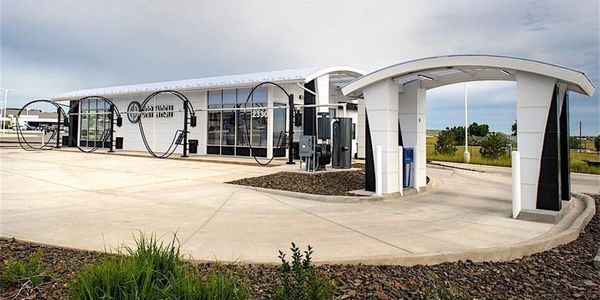Your guide to
Investing
QC Capital focuses on acquiring large Car wash and Multifamily real estate assets and partners with accredited investors. From locating deals in target markets to underwriting the assets and conducting due diligence, QC Capital handles everything from start to finish to ensure they are operating assets to their business strategy and hitting projected returns.

Profit Potential: The Lucrative World Of Car Wash …
Embark on a journey into the promising realm of car wash investments, where the potential for …

Maximizing Passive Investment Returns: The Blueprint For Ideal …
Elements of an ideal Car Wash investment location In the realm of passive investments, car wash …

Empowering Financial Growth: Top 5 Reasons Doctors Choose …
In the dynamic landscape of wealth-building strategies, physicians frequently navigate the delicate balance between a demanding …

The Lucrative Landscape of Car Wash Investments
The Lucrative Landscape of Car Wash Investments In an ever-evolving investment landscape, shrewd investors seek opportunities …

Accelerating Growth: The Promising Outlook For The Car …
Introduction: The car wash industry is gearing up for an exciting year in 2024, with numerous …

Accelerating Ahead: Insights Into Express Car Wash Trends …
Introduction: The express car wash industry is shifting gears, and as we cruise into 2023 and …

Ultimate Guide To Multifamily Real Estate Syndication
Investing in real estate is not a one person job. There’s a lot of time and …

The Lucrative Potential Of Passive Car Wash Investment …
In 2023, passive investment in car washes is emerging as an enticing prospect for investors looking …

The Future Of Multifamily Real Estate: Trends And …
In recent years, the multifamily real estate sector of the industry has experienced fast growth and …
Earn A Projected 12%
